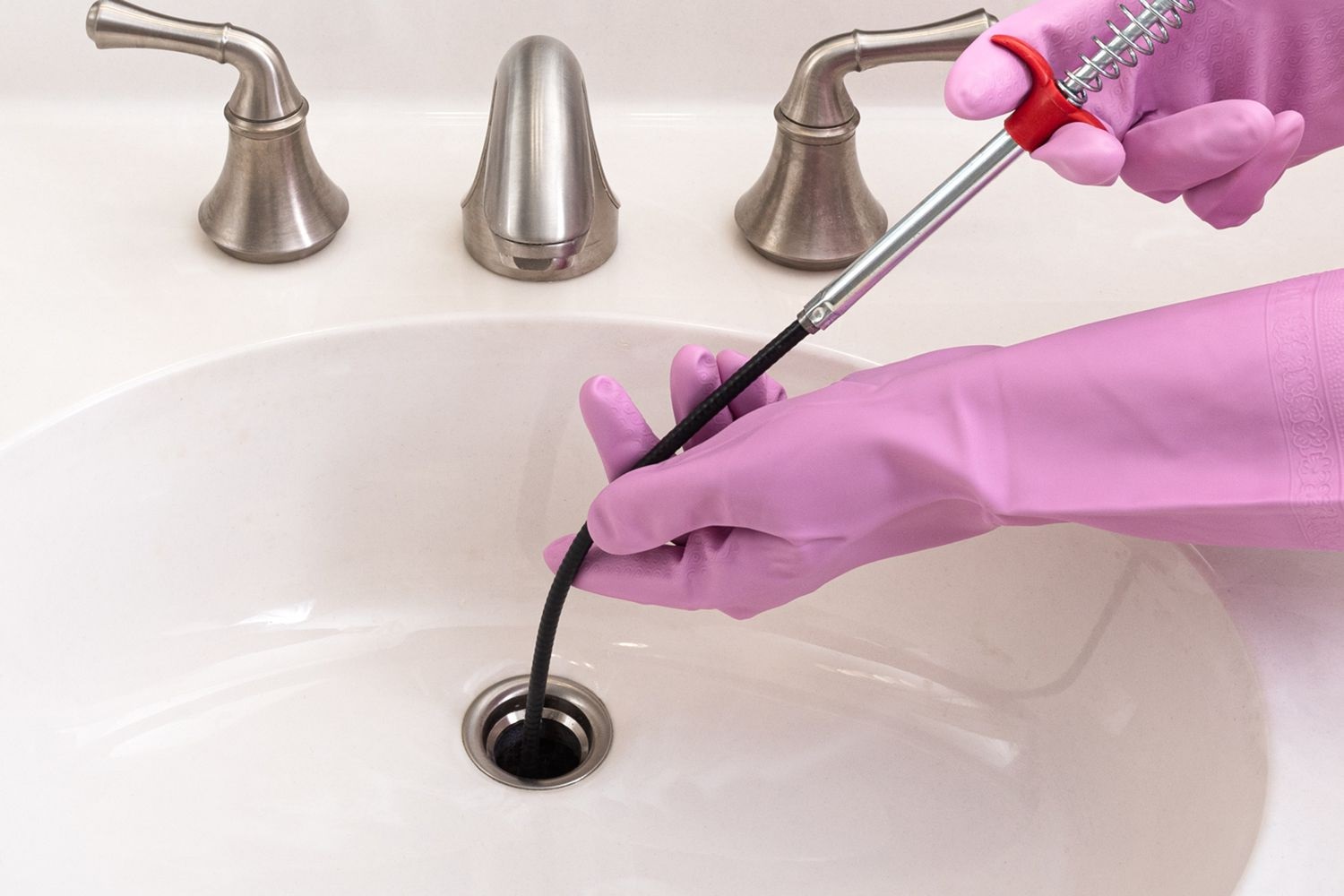Cleaning and clearing drains will help prevent plumbing issues. They will also make your household run more smoothly. Even though there are many professional drain cleaning services available, most homeowners opt to use home remedies for unclogging drains. With regular maintenance, smart habits, and effective remedies, you will be able to avoid drain clogs.
Regular Maintenance Tips
- Routine Flushing: Regularly flushing with hot water can help wash away minor clogs. Every week, pour boiling water down the drains.
- Don’t Use Grease: Grease, oil, and other oils can cause drain clogs in the kitchen. Never pour grease into the sink. You should let it solidify and cool before disposing of it.
- Proper Waste Removal: Even when using a garbage disposal system, certain food wastes should not be flushed. Avoid putting coffee grinds, eggshells, or fibrous veggies (like celery peels or potato skins) down the disposal. Instead, compost them.
- Management Of Hair: Hair is a leading cause of blockages in the bathroom. Clean your shower’s hair catcher regularly to avoid hair building up on the drain.
Effective Home Remedies To Unclog Drains
Sometimes, despite your best efforts, clogs can still occur. Here are some simple home remedies you can use to unclog drains.
- Vinegar With Baking Soda: This classic remedy does wonders for eliminating minor odors. Pour a half-cup of baking powder down the drain. Follow this with a quarter cup of vinegar. Let the baking soda fizz for approximately 30 minutes. After that, flush it with hot tap water. Chemical reactions can remove grease and debris.
- Combine Baking Soda And Salt: Pour half of each into the drain. Let it rest for a day or two, then flush it out with hot tap water. The abrasive nature of the salt helps scrub away the buildup.
- Boiling Water: For grease clogs, boiling water is sometimes enough. Pour a large pot of boiling hot water down the drain gradually to allow it to dissolve the grease and work its way through the clog.
- Use Dish Soap With Boiling water: To remove greasy kitchen clogs, pour a generous dose of dish detergent down the drain. The soap breaks down grease while the boiling water removes it.
- Plunger: The plunger can unclog drains very effectively, especially those in sinks or tubs. Be sure to use consistent, firm pressure when you are using the plunger.
- Use a Wire Hook: To clear a clog caused by hair and other debris, bend a wire hook, add a tiny hook to one end, then carefully fish the clog out. This method is best for shallow blockages.
Preventive Measures
- Cleaning: Regularly clean your drains, even when they aren’t clogged. This can help you prevent buildup and keep the drains smelling great.
- Avoid Using Chemical Cleaners: Even though chemical drain cleaners might be effective, the chemicals can damage pipes and cause environmental harm. Use them sparingly, as they are only a last resort.
- Monitor the Contents of Your Drain: Be cautious about what you place down your drain. Avoid flushing items such as wipes, feminine hygiene products, and paper towels. These can lead to serious blockages.
- Look For Leaks: Regularly examine your plumbing system for any signs indicating leaks. If you address these issues early, it can prevent clogs that cause water damage.
When to Call A Professional
There are times when a professional plumber is needed. While regular maintenance and home remedies will usually clear up minor clogs, most of the time, they can’t always be relied upon. Call a professional plumber if:
- Recurring Clogs: If you are having trouble with a clog in your drains, your plumbing may have a deeper problem.
- Sewage Backup: Any signs that sewage is backing up need immediate professional attention. This will prevent any health hazards or extensive damage.
- Odors: If you notice persistent foul odors in your drains, it could be a sign that there’s a blockage. Or decomposing materials need to be removed.
Conclusion
Maintaining your drains is a matter of regular maintenance and smart preventative techniques, as well as effective home remedies. If you follow the expert advice given in this post, you will be able to minimize the chance of clogs. You will also maintain efficient plumbing and a healthy home environment. When necessary, seek out professional assistance to resolve more severe plumbing problems. Drains can last many years with proper maintenance.

